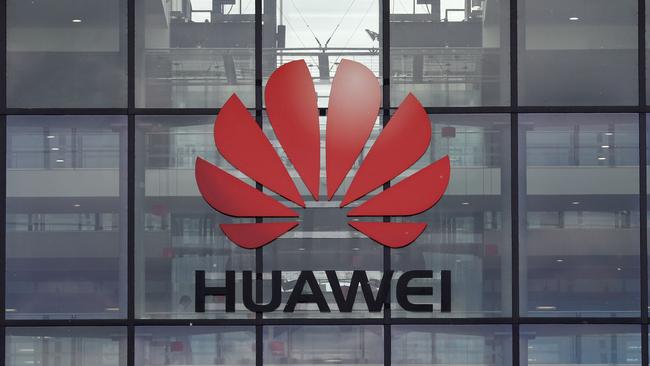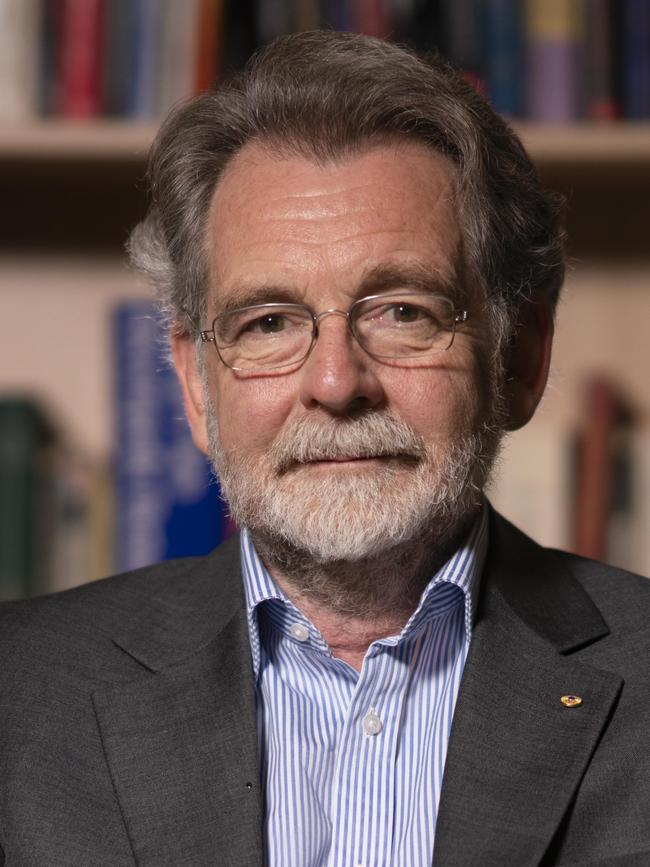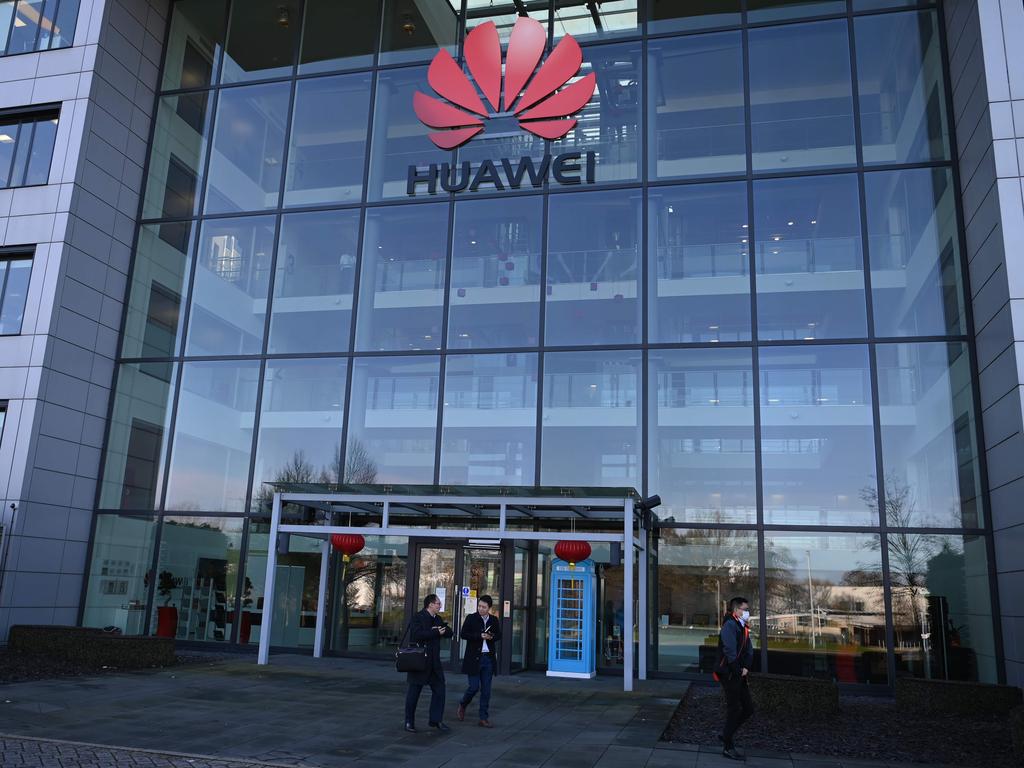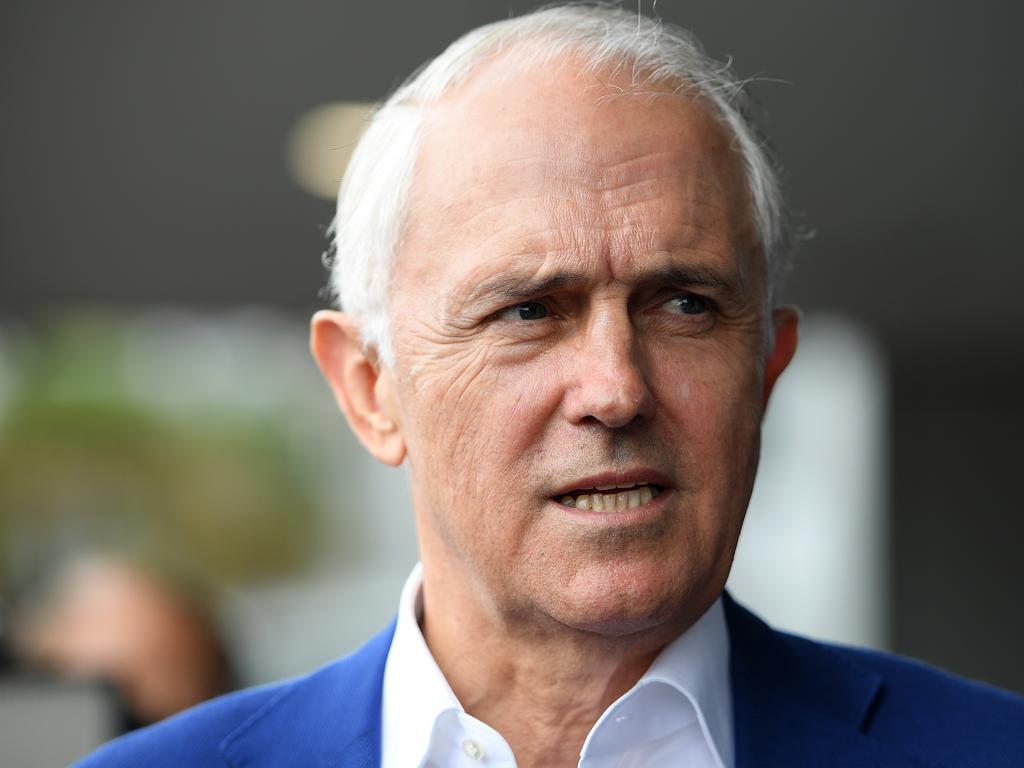Huawei’s bid to end 5G ban in Australia
Huawei has claimed security agencies never discussed rules over competing for 5G contracts, as it launches a charm offensive.

Chinese tech giant Huawei has claimed security agencies never discussed “boundaries” or “requirements” for the company to compete for 5G contracts in Australia, as it launches a new charm offensive to remove the blanket ban on its participation in the rollout.
Following Britain’s decision to approve Huawei’s partial involvement in its 5G mobile network, a move that stoked fresh concerns over Five Eyes intelligence sharing, the company’s Australian arm has launched a fresh push to enter the domestic market, declaring it wants to “know what the rules are”.
The decision by British Prime Minister Boris Johnson to engage Huawei — defying pleas from the Trump administration and Australia — has the potential to drive a wedge between Five Eyes nations, with Canada still finalising the company’s involvement in its 5G networks.
Australian Strategic Policy Institute executive director Peter Jennings criticised Mr Johnson’s decision and warned that it would compromise Britain’s relationship and intelligence sharing with Australia and the US. “It is the next most disastrous decision since Brexit and one that will do, I think, lasting damage to its alliance relationship with the US,” he said.
“It is frankly, on the evidence, fundamentally irrational. It will definitely compromise Five Eyes intelligence sharing and not for technical reasons … It’s more that it reflects a fundamental parting of Britain, the US and Australia in terms of their strategic thinking on China. For that reason, it’s going to see an attenuation of the Five Eyes relationship, something that was probably going to happen … Britain is on a decades-long journey to strategic irrelevance anyway.”
Britain, which took advice from MI5 and MI6, gave Huawei the go-ahead to build “non-core” sections of the network, limiting the company to 35 per cent of the 5G and full-fibre network. Huawei Australia senior executive Jeremy Mitchell said the company had met Communications Minister Paul Fletcher in 2019 and held hope that the Morrison government had a “different approach” from Malcolm Turnbull, who banned Huawei days before he was forced from office.
“We met the minister last year and he made it very clear to us that the government’s 5G policy as they see it is not vendor-specific and not country-specific. And we said to him, that’s great to hear,” Mr Mitchell said. “But we want to know what the rules are, and what are the requirements to have 5G contracts in Australia and we want to meet them … But the UK decision enables a good viewpoint of what are the requirements they’ve made, what are the guidelines they’ve set in place.”
Mr Mitchell said Australia needed to “reap the benefits” of China’s dominance in the technology innovation market while keeping its networks “safe and secure”. “Unfortunately in Australia, we’ve never been able to sit down and have that conversation with the security agencies … about what are the boundaries, what are the requirements that we need to go through,” he said.
Senior government sources said the British decision on Huawei was unlikely to change the Coalition’s decision to exclude the company from Australia’s 5G network, although some experts have pushed for a rethink.
Former Defence deputy secretary Hugh White, a professor of strategic studies at ANU, said it would be a “good idea to revisit” the Huawei ban “not to please China, but just to ensure we can get a good 5G system at a price we can afford”.
He said the world would not return to the “old days where the Five Eyes actually own the high ground on telecommunications technologies” and China was likely to remain at the forefront of future advancements.

“The idea we can solve that problem as the Turnbull government tried by saying we’re not having any part of that — I think the British decision shows that that approach is a bit unrealistic.
“We’re going to have to be a bit more sophisticated than that,” Professor White said.
Huawei Australia has maintained working relationships with state governments across the nation, with contracts approved by the Department of Home Affairs.
“For us, we’ve always had a great relationship with state governments,” Mr Mitchell said. “We’ve been involved with the NSW government for the last 10 years delivering Sydney Metro.
“We won another contract in Perth, with Perth Metro. We are in with a good chance in Queensland. State governments have always welcomed Huawei and we want to see that business continue to grow.”
He said relations with the federal government had stumbled over the NBN and 5G but the company was hopeful the British decision would trigger a “fact-based, commonsense approach” debate in Australia.
NSW Liberal senator Jim Molan, who was deputy chief of staff for strategic operations in the Iraq War, said Britain’s decision must not compromise the Five Eyes intelligence-sharing arrangement. “I support the prohibition of Huawei from the 5G network in Australia, but hopefully the UK partial ban if managed correctly can be successful,” he said.
“The British decision must not threaten Five Eyes security.”
When the Coalition banned Huawei from Australia’s 5G network architecture in August 2018, the Turnbull government said extra security risks could not be fully mitigated by existing technical capabilities.
Huawei Australia said US attempts to pressure foreign governments to ban its technology were being rebuffed by its allies. Nations including Germany and South Korea had pursued partnerships with the company.
“Our question is, if they can do it, why can’t Australia? We hope we can have a good, sensible, fact-based talk and discussion about the possibility of using our leadership and innovation in Australia,” Mr Mitchell said.
“Huawei is here to stay (in Australia). We’re not going away. And we will always defend our company. A lot has been said about us and we get painted with this One China brush.
“We’re not responsible for the actions of the Chinese government, we can only be held accountable for what we do and we’re happy to be held accountable for our actions and we want to be judged on what we do, what our company is all about. And we’re happy to have that happen.”
Huawei Australia, which extended its sponsorship of the Canberra Raiders through next year, said it had been a “good corporate citizen in Australia” for 16 years. “We’ve been able to be the leader in 4G in Australia and we’ve done so without any security issues whatsoever,” Mr Mitchell said.







To join the conversation, please log in. Don't have an account? Register
Join the conversation, you are commenting as Logout